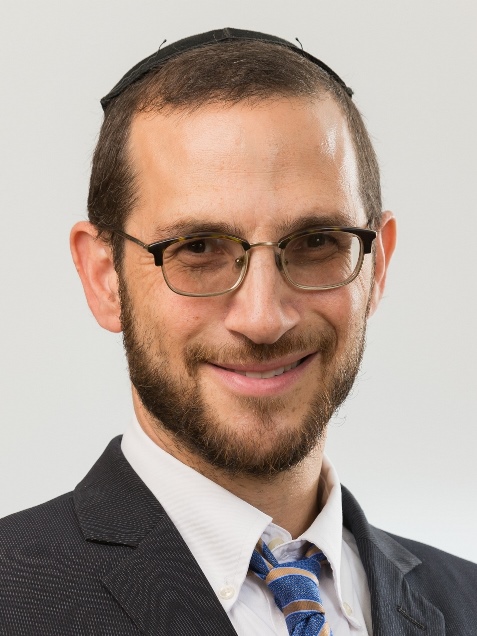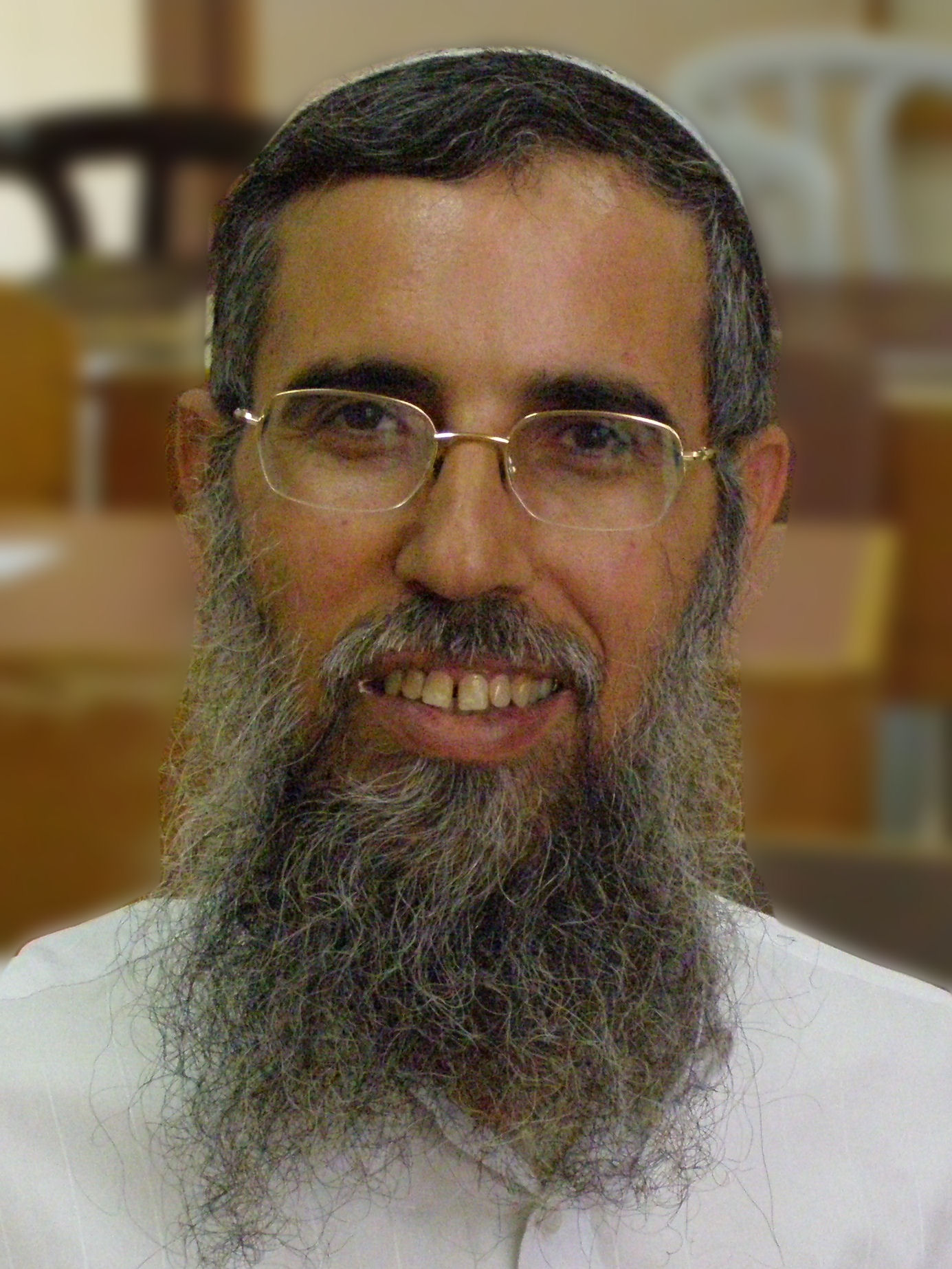In the Merit of the Land of Israel
הרב שלום רוזנר
וזכרתי את בריתי יעקוב ואף את בריתי יצחק ואף את בריתי אברהם אזכור והארץ אזכור. (ויקרא כו:מב)
And I will remember My covenant [with] Yaakov, and also My covenant [with] Yitzhak, and also My covenant [with] Avraham I will remember. And I will remember the land. (Vayikra 26:42)
Parshas Behukosai contains the tochaha, the terrible and tragic curses that will befall the people of Israel if they fail to observe the commandments. Toward the end of the tochaha, we find the verse above, which offers hope and reminds us that eventually, Hashem will recall His covenant with the Avos and redeem us.
The pasuk above lists the covenant in reverse chronological order, perhaps building up to Avraham, the first Jew and the greatest merit to which the Jewish people can refer. Then, after invoking the covenant with Avraham, there is what seems to be an unrelated addition – “and I will remember the land.” If the verse is ordered from least to greatest merit, then Eretz Yisrael must be the greatest merit of all!
Rabbi Yissachar Shlomo Teichtal, in Eim HaBanim Semeiha,[1] quotes a letter from the Baal HaTanya to Rabbi Levi Yitzhak of Berdichev, on the day he was released from jail – the tenth of Kislev. He wrote in the letter that he had been released from prison in the merit of Eretz Yisrael and its inhabitants, which stands to our merit and protection at all times. Rabbi Teichtal admits that he learned something new from the Baal HaTanya’s letter. Whenever a Jew is in trouble, he can be saved in the merit of Eretz Yisrael and its inhabitants. The source of this idea is the pasuk cited above.
The Torah confirms that the zechus, the merit, of Eretz Yisrael is greater even than the merit of our Avos. Eretz Yisrael protects us when we are in dire situations. However, to merit this protection, one must be connected to Eretz Yisrael. A person who rejects the Avos, who disconnects from our forefathers, will not be protected by their merit; likewise, only if we recognize the centrality of Eretz Yisrael will we merit this protection.
Rabbi Teichtal quotes the Mechilta on Parshas Beshallah. Moshe turned to Hashem and asked for help as the Jews were being chased by the Egyptians, and Hashem responded, “ma titzak elai?” – “Why are you crying out to Me?” Just continue on your journey. The Midrash adds: “Rabbi Yishmael says: ‘In the merit of Jerusalem, I will split the sea for them.’”
What is Jerusalem doing in middle of the splitting of the sea? They were in a dire situation, and like the Baal HaTanya, Am Yisrael were worthy of the zechus of Eretz Yisrael (Eretz Yisrael is referred to as Jerusalem here). It is from Eretz Yisrael that Hashem’s direct providence emanates to the entire world, and to any Jew who is in a dire situation.
He continues: Since this is true, and since the Jewish people today (he was writing this in 1941 or 1942) are in the most desperate situation, where each day is worse than the day before, every hour worse than the previous hour, the one thing that can be done is to strengthen our connection to Eretz Yisrael.
Rabbi Teichtal did not survive the Holocaust, but his words of Torah will forevermore connect Jews to their land. As we celebrate Yom Yerushalayim and are able to freely walk the streets of the old city of Jerusalem, we should take a moment to reflect on the magnificent gift that we were privileged to obtain in our generation. May we strengthen our connection to Eretz Yisrael and conduct ourselves in a way that will merit a complete redemption, in our lifetime.
[1] Rabbi Teichtal wrote Eim HaBanim Semeiha during the Holocaust. Originally, he was against the Jewish movement to return to Eretz Yisrael, but after experiencing the Holocaust, he changed his mind. This entire sefer, which was written while he was in hiding and from memory (although he quotes hundreds of sources), is about the importance of and love for Eretz Yisrael, even as it was being rebuilt by people who were not religiously observant.
קוד השיעור: 9151
לשליחת שאלה או הארה בנוגע לשיעור:



.jpg)


